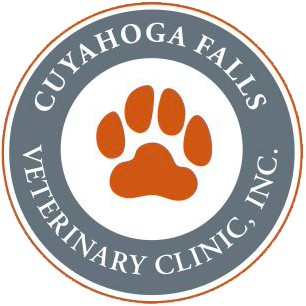Compliance. Compliance is a noun and means, “the action or fact of complying with a wish or command.”
In medicine, compliance means (1) taking medication on time, (2) taking it as directed by the doctor, and (3) taking it until it is gone.
There have been some eye-opening studies on the human side of medicine in the area of compliance. One involves a series of studies investigating how compliant parents are in the administration of chemotherapy for their children. If any population would be motivated to give the right amount of drug and give it on time, one would think it would be the parents of children with cancer. While there are many factors at play in such situations, the poor compliance rate in these studies is simply disappointing.
Another study looked at people with asthma and a device was applied to the particular inhalers in the study to count the treatments given, and most interestingly, when the treatments were given. Under use occurred in 55% of the patients. The number of participants who knew their inhaler would be analyzed, but did not know the when it would be recorded, revealed themselves by rapidly clicking their inhaler in the moments leading up to the end of the study.
One study summed it up well, saying, “Experience reveals that there is significant noncompliance with self-administered medication, especially in chronic conditions such as cancer. Noncompliance transcends the boundary of disease categories and age group.”
Think of the last time your doctor prescribed Yasmin birth control pill for you. Did you take each dose? On time? Until the medication was gone? If you answered, “Yes,” to each question (and you’re being honest with yourself), you are in a small minority.
So if we are less than compliant with our own treatments, how compliant are we with our pets’ treatments? In our anecdotal experience built upon years of observation of our patients and listening to the stories from our clients, we at Cuyahoga Falls Veterinary Clinic have reason to believe that the compliance rate within veterinary medicine is just as disappointing.
The real consequence is that when there is less than full compliance, outcomes aren’t optimal. Infections take longer to heal, if they don’t breed resistance in the process. Pain persists longer than it ought. Heart disease progresses.
So what can we do about this? One way, the best way, to combat the compliance problem is use treatments that don’t rely on compliance. There are injectable, long-term (1) antibiotic, (2) itch/allergy management and (3) parasite control options that keep patients covered for a good duration of time. When these modalities are used, we don’t have to wonder if the patient is being appropriately treated. No more worrying about missing a dose.
Next time your pet has need for treatment, be sure to ask if there’s a treatment available that will take the responsibility of giving treatment away from you. You and your four-legger will be thankful.

